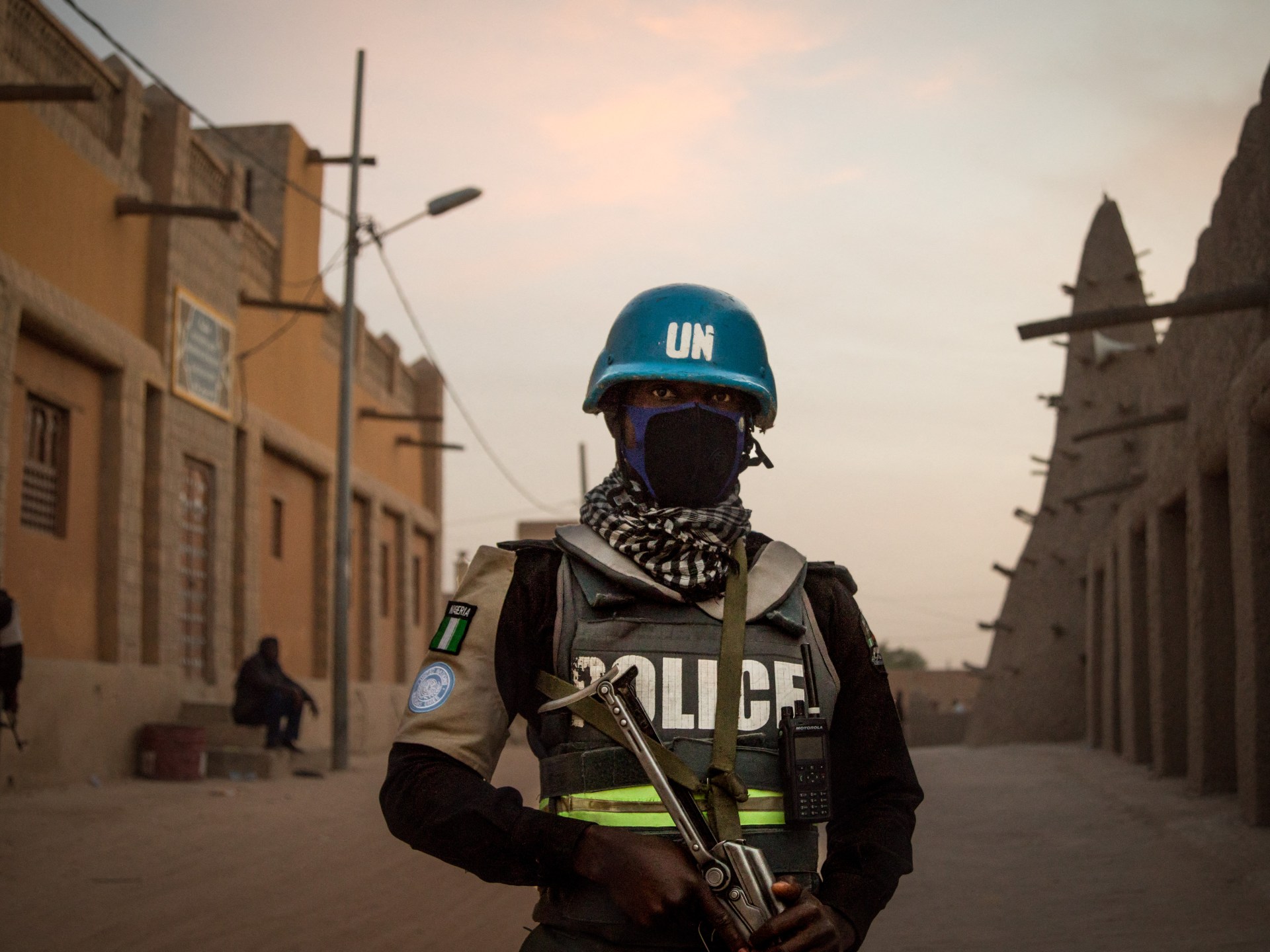While UN peacekeepers withdraw from Mali, UN humanitarians express deep concern over escalating clashes in northern and eastern parts of the country.
The UN Office for the Coordination of Humanitarian Affairs (OCHA) said Wednesday that it was concerned about escalating tensions and clashes in Timbuktu, Gao and Menaka regions.
The humanitarian office said agencies this year assisted 1.2 million people across the country. But they are only a fraction of the 9 million people in need. Aid agencies need safe and unimpeded access to affected communities to maintain operations and scale up the humanitarian response.
“They also urgently need additional resources to ensure critical enabling services are in place for humanitarian action, including logistics and mine action activities,” OCHA said.
Stephane Dujarric, the chief spokesperson for UN Secretary-General Antonio Guterres, said peacekeepers will continue drawdown and withdrawal by year-end in accordance with Security Council Resolution 2690.
“The peacekeepers in Mali are continuing to draw down and withdraw from the country in an extremely challenging security environment, to say the least,” he said.
Citing reports from colleagues in Mali, Dujarric said clashes in recent weeks in Gao, Kidal and Timbuktu regions are impacting the mission’s drawdown and withdrawal plan.
However, he said contingency plans are also in place in case the security situation continues to deteriorate as it executes the next phase of the drawdown and withdrawal plan.
“Up until now … Ogossagou, Ber, Gundam and Menaka have been vacated and handed over to the competent Malian authorities,” he said. “From October 1 onwards, the mission will use its remaining capacities to focus on its safe and orderly drawdown and withdrawal.”
In line with the Security Council resolution, the spokesman said the mission will no longer be authorized, nor will it have the means and capacities to respond to imminent threats of violence against the civilian population or to contribute to the safe civilian-led delivery of humanitarian goods and services.
Dujarric said the 2023 humanitarian response plan for Mali, which requests $752 million, is only 22 percent funded, with critical sectors facing even more significant funding gaps. For example, food security is 18 percent funded; health 17 percent funded; water, sanitation and hygiene only 14 percent funded.
“We need more cash,” said the spokesman.
Source: CGTN






